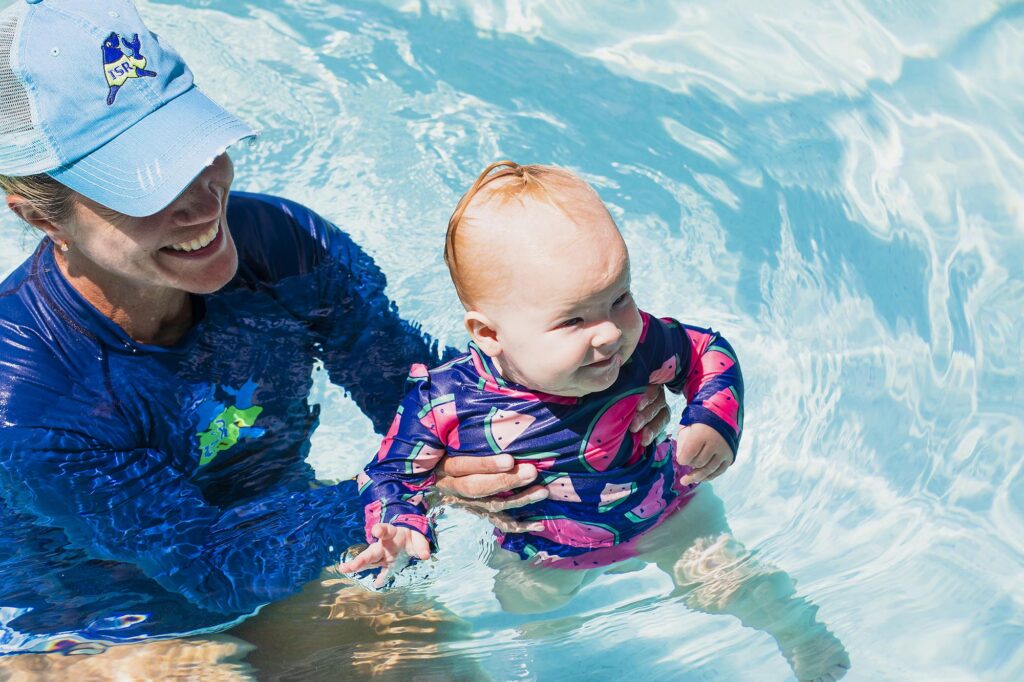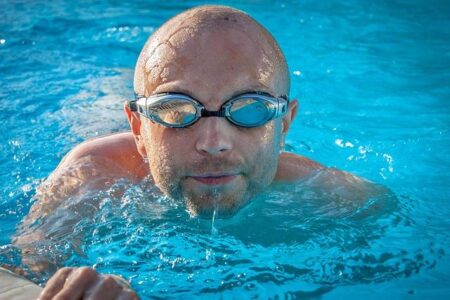As graduation season winds down, many parents and guardians are turning their attention to the next important milestone in their children’s development: maintaining and advancing their swimming skills. ISR Maintenance Swim Lessons offer a structured and effective way for young graduates to build on the foundation they’ve established, ensuring continued safety, confidence, and proficiency in the water. In this article, we explore how these lessons serve as a vital bridge between basic swimming education and more advanced aquatic training, helping children stay swim-ready all year round.
Benefits of ISR Maintenance Swim Lessons for Building Confidence and Safety
Continuing swim lessons through the ISR maintenance program empowers children to develop a deeper sense of self-assurance in the water. As skills are reinforced and expanded in a supportive environment, kids build muscle memory and confidence that ripple into other areas of life, fostering independence and reducing anxiety around water activities. Regular practice also promotes critical decision-making under pressure, helping children remain calm and composed during unexpected situations.
Safety is elevated to a new standard with ISR maintenance lessons by emphasizing consistent review of lifesaving techniques and personal responsibility. These lessons introduce essential skills such as effective floating, controlled breathing, and emergency signaling-techniques vital to real-world water safety. The table below highlights key focus areas and their long-term benefits:
| Focus Area | Benefit |
|---|---|
| Stroke Refinement | Improves efficiency and endurance |
| Breath Control | Enhances underwater comfort and safety |
| Water Awareness | Heightens hazard recognition skills |
| Rescue Techniques | Prepares for lifesaving actions |
How Experienced Instructors Tailor Programs to Support Post-Graduation Swimmers
Experienced instructors understand that swimmers transitioning from graduation require a personalized approach to maintain and enhance their aquatic skills. By evaluating each swimmer’s technical strengths and areas for improvement, they craft tailored programs that align with individual goals, whether it’s boosting endurance, refining stroke mechanics, or preparing for competitive opportunities. These customized sessions often include progressive drills, specialized feedback, and targeted conditioning to ensure continued growth without burnout.
Moreover, the instructors incorporate a holistic training framework that supports not just swimming technique but also mental resilience and confidence in the water. They emphasize consistent practice routines, goal-setting workshops, and peer support to foster motivation. The typical maintenance swim program might look like this:
| Program Component | Focus Area |
|---|---|
| Technical Drills | Stroke refinement and efficiency |
| Endurance Training | Building stamina through interval sets |
| Strength Conditioning | Core and upper body development |
| Mental Coaching | Confidence and goal visualization |
- Flexible scheduling to accommodate busy post-graduation lives
- One-on-one guidance plus group sessions to build community
- Regular assessments to adjust plans as skills evolve
Essential Tips for Parents to Ensure Continued Progress in Their Child’s Swimming Journey
Parents play a crucial role in maintaining and enhancing their child’s swimming skills after formal lessons conclude. Encouraging consistent practice at home or in local pools can significantly boost endurance and technique. Create a supportive environment by setting achievable goals and celebrating small victories to keep motivation high. Additionally, fostering open communication with instructors helps parents stay informed about their child’s progress and areas needing attention, ensuring a tailored approach to continued development.
Incorporating varied swimming activities can prevent stagnation and keep the experience engaging. Consider mixing structured drills with fun water games to balance skill refinement and enjoyment. Below is a quick reference table highlighting key focus areas for parents to nurture ongoing progress:
| Focus Area | Recommended Actions |
|---|---|
| Consistency | Schedule regular swim sessions, even brief ones |
| Technique | Review and practice key strokes and breathing patterns |
| Safety | Emphasize water awareness and emergency skills |
| Enjoyment | Include games and challenges to keep swimming fun |
- Stay Informed: Regular updates from instructors help target improvement areas.
- Encourage Independence: Support self-led practice to build confidence.
- Celebrate Growth: Acknowledge achievements to foster positive attitudes.
In Summary
As children progress beyond basic swim lessons, ISR Maintenance Swim Lessons offer a vital next step to ensure their skills remain sharp and confidence stays high in the water. By continuing structured practice after graduation, young swimmers can build on their foundations, improve safety, and prepare for more advanced aquatic activities. For parents and guardians seeking to support their child’s ongoing development, these maintenance sessions represent not just routine training, but an investment in lifelong water safety and enjoyment. As the summer season approaches, experts emphasize the importance of consistent swim practice-making ISR Maintenance Swim Lessons a timely and practical choice for families nationwide.





